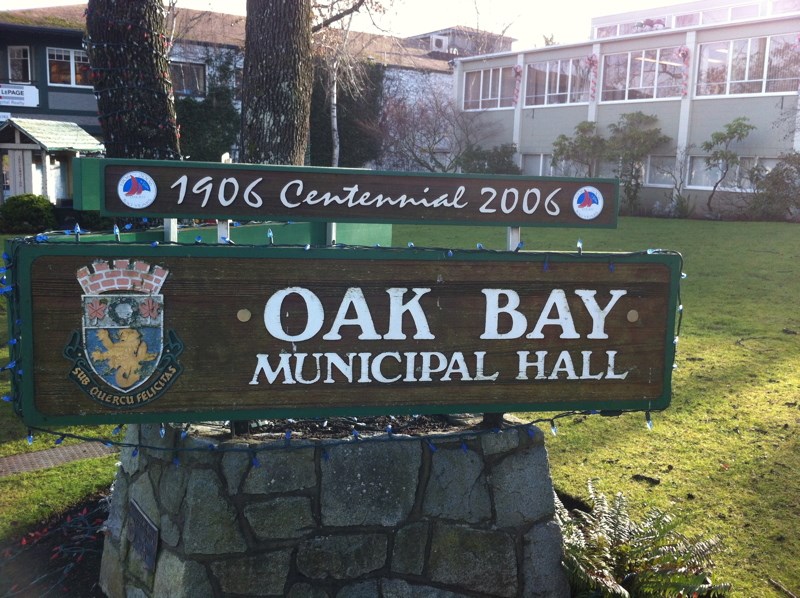Oak Bay stands alone on southern Vancouver Island as the only urban municipality to lose population in recent years, says a new report prepared for an open house today.
The Housing Needs Report examines the state of housing in Oak Bay and looks at how well it is serving the population, one that is older than the rest of the Capital Regional District and aging more rapidly.
“It’s a compilation of a lot of the statistical information that should probably be more widely known,” said Oak Bay Mayor Kevin Murdoch, who campaigned on the need to encourage housing options to address his municipality’s demographic trends.
The study reveals that Oak Bay’s population in 2016 was 17,475, a decline of one per cent from 2006’s 17,645.
According to other Capital Regional District data, the only other two municipal areas showing a decline are rural: Metchosin, which shrank two per cent from 2011 to 2016, from 4,803 to 4,708, and the Southern Gulf Islands, which shrank 2.8 per cent from 4,868 to 4,732.
Those declines are in contrast to the region as a whole, which grew by 6.5 per cent to 383,360 from 359,991 in 2011. Langford grew fastest at 20.9 per cent, to 35,342 from 29,228.
Oak Bay’s Housing Needs Survey was made mandatory in 2018 when the provincial government announced all municipalities would complete one by 2022 and update it every five years.
The Housing Needs Survey also made it plain the demographics of Oak Bay are skewing older than the rest of the region.
The median age in 2016 in Oak Bay was 52.4 years, while in the CRD at large it’s 44.8.
The number of Oak Bay residents who are over 65 grew by 880, while those under 65 shrank by 1,050.
While the number of seniors is growing, the opportunities for them to downsize are few.
Oak Bay homes are dominated by single-family dwellings, 4,899 of the district’s 7,735 households, or 63 per cent, in 2016.
Apartments account for only 615 housing units.
The majority of Oak Bay’s housing stock, 63 per cent, was built before 1960, and only 125 new units were completed between 2011 and 2016.
The report suggests there is little sign the municipality’s housing profile will change soon, based on recent experience.
“Oak Bay has been an unsupportive environment for affordable housing and higher-density housing and other projects have received significant opposition,” says the report.
“This has made it risky for non-profit housing providers and developers to pursue projects in Oak Bay.”
But the report says that if Oak Bay allows itself to share in some of the growth experienced by the region at large, its future might be different from its recent past.
“Oak Bay’s real growth will be determined by the planning and development decisions made by the District in conjunction with investments by developers, non-profit providers and other stakeholders,” it says.
The Housing Needs Survey Open House is set for today, 5 p.m. to 7:30 p.m., at Oak Bay Municipal Hall.



